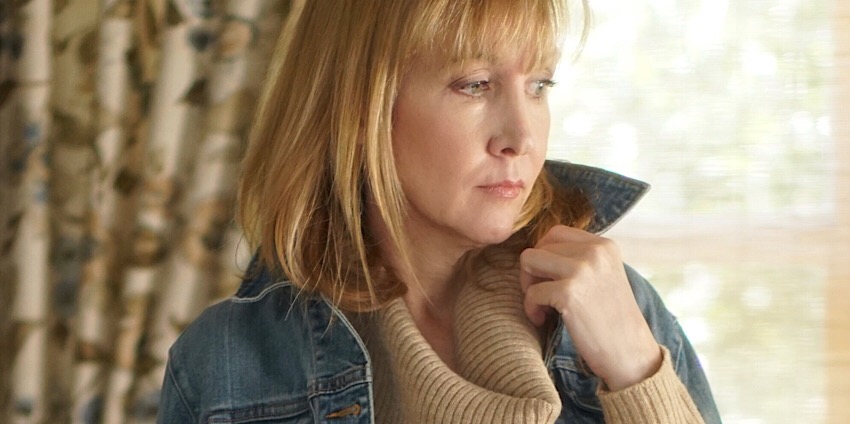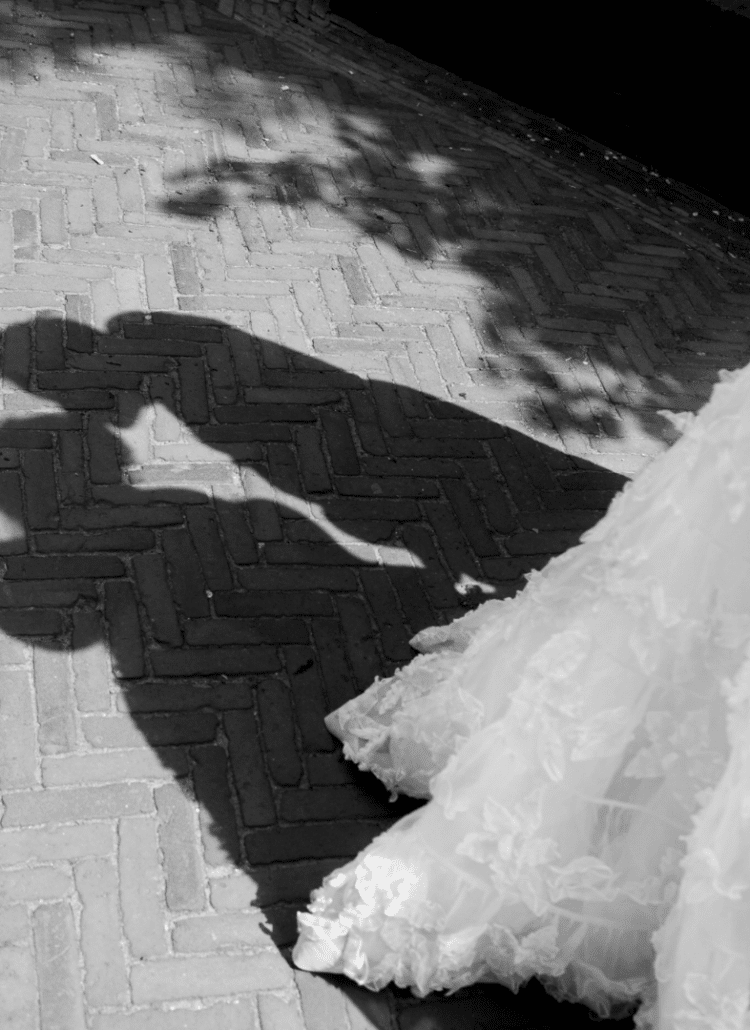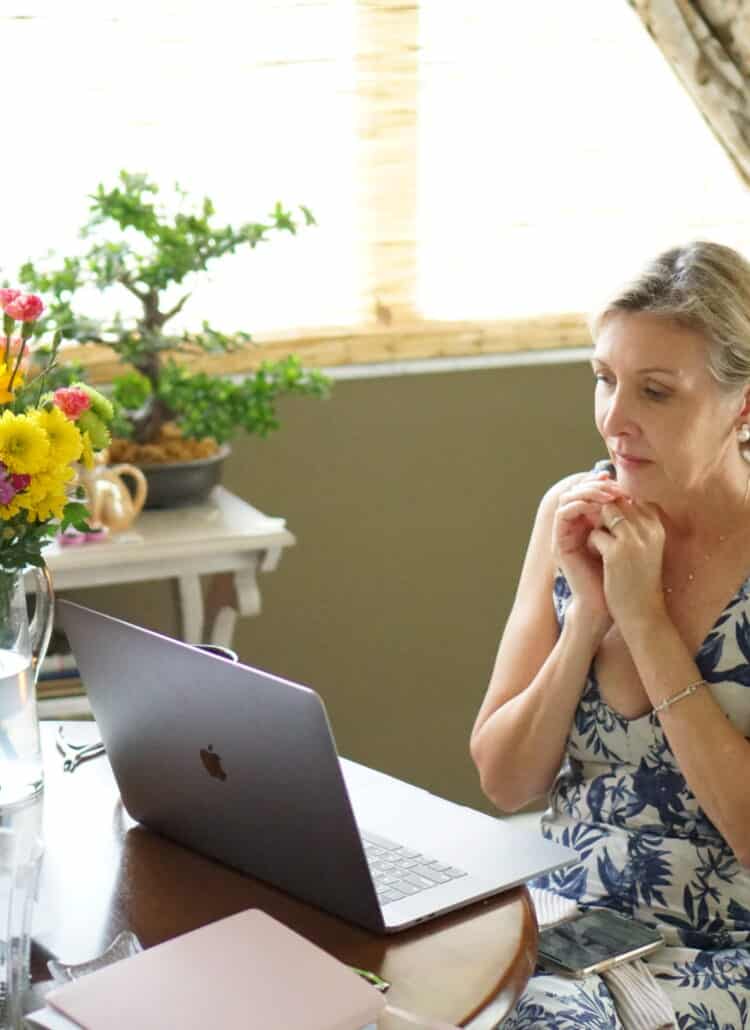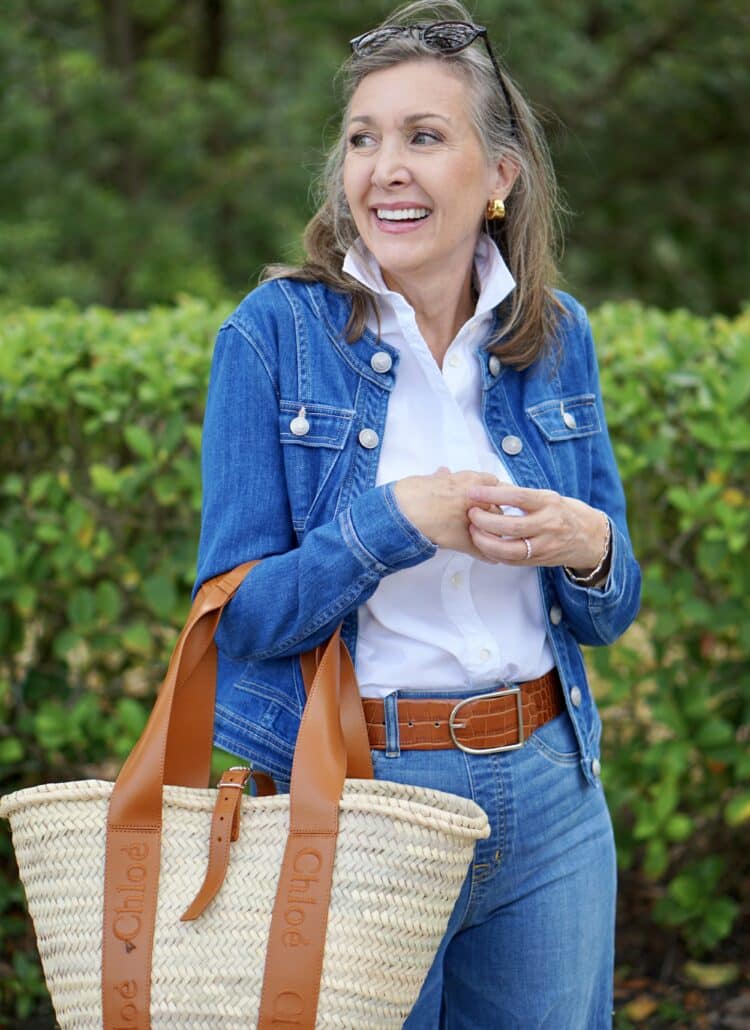
“No matter how hard a conversation is, I know that on the other side of that difficult conversation lies peace. Knowledge. An answer delivered. Character is revealed. Truces are formed. Misunderstandings are resolved. Freedom lies across the field of the difficult conversation. And the more difficult the conversation, the greater the freedom.”
—Shonda Rhimes
I have been a complete misery when it comes “difficult” conversations. I haven’t always been as lucky as Shonda Rhimes in seeing or finding resolution, much less peace. In my experience the most difficult conversations have resulted in disappointment, long periods of non-resolution, or the complete upending of a relationship. But in sitting with her quote for several days now, I am beginning to see her truth and value in her point of view. It’s been a paradigm shift for me. I see how I might become better in approaching and dealing with difficult conversations. Freedom does lie across the field of a difficult conversation, but one must be open to whatever outcome emerges, and that’s where I’ve always struggled. I have been deathly afraid of a “bad” ending. And had the misguided belief that all of those discussions should end positively to be successful.
Right off the bat, the majority of my really big, bad, difficult conversations have not ended on a positive note—and the belief that it should has been a major stumbling block. In fact, the worst of them ended with hurt feelings and severed ties. And, if you’ve read any of my other posts on this subject, you’ll know that in the past, I viewed those closed doors a failure on my part—no matter what the other person did leading up to or after the difficult conversation. You will know also that in the past, I went to great lengths, including significant personal expense to maintain relationships. Because of my fears and beliefs, difficult conversations brought neither peace nor freedom, so often I chose not to have them, preferring to live with the pain that comes from not dealing with these situations head on.
On Answers:
One of the areas I struggled most with my former husband was our communication. We’d talk, or I would; he’d bob his head up and down, then say something like “I want those things too.” I would think we’d had a break through, but our conversations, no matter how heartfelt, never to lead to change. My husband and I went on for years with my begging him to spend more time with us, and his continuing to do his own thing. We lived parallel lives. He liked and wanted it that way. I didn’t. His behavior was the “answer” and was delivered through his choices daily; I just didn’t want to “see” it. I now realize that I needed to open myself to the knowledge that we both wanted different things. That’s where I would have found truth and ultimately freedom.
On Truces:
I have a friend who is really good about going back in after a disagreement to make things right. I always marveled at her courage, and ability to, at least temporarily, soothe hurt feelings and bring her adversaries back into the fold. Over time, however, I watched as our circle became full of lurkers, and passive aggression; in spite of apologies, hugs and cease fire agreements, under the surface was anger, undermining, and back stabbing.
As I consider truces, I realize that it doesn’t necessary mean we bring our adversaries back into the fold. Sometimes the cease fire is one sided. Sometimes we have to take further steps to protect our personal domain and sometimes we have to just recognize who we are dealing with, bless them, and walk away.
On Knowledge:
When I was going through therapy, ten years ago now, my therapist would say “Ask the question, already, you need to know where you stand.” I was paralyzed at the thought. The deeper part of me already knew where I stood and didn’t want it verified. That would mean decisions, changes and facing a truth I didn’t think I could bear to face. And with that I stayed stuck and would not break free.
Since my divorce, I’ve become bolder about facing the truth and having difficult conversations. In doing so I’ve made a few discoveries: There are some people who are “safe” and willing to have discussions; they are willing to listen, willing to compromise, willing to work toward making things better for those involved and some who are not. I’m becoming better at telling which is which and becoming better at extracting myself from situations where I can see that I am dealing with someone who is not “win/win” oriented. The measure for safety has become whether or not I’m afraid to have the conversation. Fear is usually a red flag; I already know, on some level, that the person isn’t “safe” and that kid gloves and a plan “B” might be needed. Sometimes no matter what you do, the worst happens, and there is little you can do to stop it—you simply can’t control another’s choices and actions.
On Freedom:
Shonda is right: No matter what the outcome of the difficult conversation, you have information, and with information there is power to make decisions and potential freedom, should you have the courage to stand to what you hear or don’t hear, and with that comes freedom, but only if you have the courage to face the truth.
What I’ve Learned:
As I went through all of my worst scenarios, I learned about courage. To be completely open to the lessons of conflict, one must be completely open to all that the conversation might bring, including the disappointment that you are not on the same page, that beneath a friendly facade might be darker character issues coming to light, and that a truce may be one sided, or may require further action to maintain. The resolution doesn’t promise a restoration of closeness. And the misunderstanding may be on your side of the fence; for example, I misunderstood my husband. I wanted us to do things together as a family, he didn’t. My longing for him to be different would never change the fact that he wanted something completely different than me.
It comes down to courage. Courage to see and accept things as they are, the courage to make difficult decisions, and keep pulling for the best outcomes. It’s also about valuing and living in truth. Truth sometimes means walking away and other times means staying to working it out.
What do you think of Shonda’s quote?








[* Shield plugin marked this comment as “trash”. Reason: Failed GASP Bot Filter Test (checkbox) *]
I think Shonda is spot on! And your reflection on it speaks to an emotional honesty. It’s important for me to keep the focus on being true to myself, and not worrying about the outcome. (That’s not an excuse for being selfish or rude as some might think.) Learning that you can’t control others’ reactions is a powerful door to freedom. And knowing that only you are responsible for your actions and emotions goes hand in hand with that.
I definitely learned a lot from Shonda’s quote. Thank you so much!
Nina this is great advice. The older I get the more important it is for me to not let things fester. The sooner we deal with those difficult conversations the better….easier said than done though. Thank you for sharing your wisdom!
thank you for stopping by Pam! Ha! dealing with them more slowly than I should, especially when I’m dealing with someone with a volatile personality! Thank you so much for stopping by!
[* Shield plugin marked this comment as “trash”. Reason: Failed GASP Bot Filter Test (checkbox) *]
Great wisdom Nina!
I like to get difficult conversations out of the way ASAP… the stress of worrying about it is usually worse than the actual conversation.
I agree with the fact that wanting a situation to go a certain way (or a person to do certain things) does not make it so… we can’t change people and must be prepared to feel disappointment and move on.
Fantastic post… thank you.
XXX
Samantha
Thank you Sam! From reading your blog, I know you have a lot more courage than I do! Thank you so much!
I’ve always thought so much could be resolved through communication. I’ve just asked for a 360 appraisal. One response from someone below me was that I wasn’t open to new ideas. That doesn’t ring true to me. Look I blog, I’m now vlogging. My character is an attraction to new ideas. I decided the comment was a reflection of him not me in that he means his ideas. So I’ve set up regular meetings to communicate processes so as when he has ideas they are relevant and adoptable. Communication.
Sounds like you did the right thing! I really enjoy your blogs and vlogs!
I agree – it’s sometimes hard to hear the truth, but short term pain is better than stringing out the misery. I’ve made that mistake before because I was scared of confrontation. I’ve got better at dealing with situations in a more direct way as I’ve got older.
Emma xxx
http://www.style-splash.com
Im working on it too, Emma. It’s funny how on the one hand we can deal with things so much better now, and yet sometimes things take us right back to our childhood!
Just got her Year of Yes book from the library and am anxious to get started reading it. Like you, I have feared difficult conversations. And you’re right. Sometimes we know the answer/outcome to difficult questions but just don’t want to deal with the associated fallout of same.
Definitely, Elizabeth. The catalyst of the post was a difficult conversation I avoided because I was afraid of a fallout. Avoiding the conversation did not avoid a messy problem I had to deal with for several weeks. Luckily the worst is behind and I learned a few things about myself and difficult conversations.